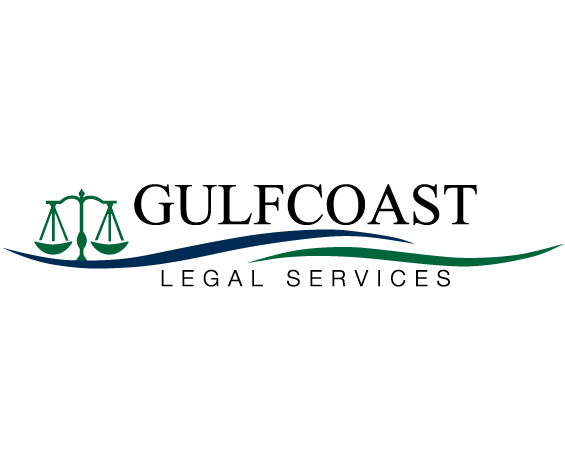Human Trafficking Services

Seeking confidential help?
Contact GLS at (800) 230-5920 to find out how we can help.
If in immediate danger, call 911.
What is Human Trafficking?
Human trafficking is subjecting people to different forms of forced labor and/or sexual exploitation. Labor and sex trafficking are both prevalent forms of human trafficking occurring throughout the United States. Anyone is at risk of experiencing human trafficking, regardless of age, gender, or citizenship.
If a minor is given anything in exchange for a sex act, they qualify as a victim of human trafficking. This means minor victims of sex trafficking may not experience force, fraud, or coercion.
Where does Human Trafficking occur?
Human Trafficking occurs in nearly every industry. The most common industries that GLS clients have experienced human trafficking are in agriculture, domestic servitude, and commercial sex industry. Other settings include but are not limited to:
Farmworkers / Crop-pickers – Commercial Sex Workers – Domestic Servants – Factory Workers – Construction Laborers – Restaurant Staff – Childcare Workers – Janitors/Housekeepers – Spouse in a Servile Marriage – Landscapers – Healthcare Staff – Ship Crew Members – Convenience Store Employees – Assisted Living Staff – Athletes – Livestock Handlers – Salespeople – Athletes – Drug Sellers/Transporters – Pornographers – Adult Entertainers – Religious Workers/Clergy
How to Identify Human Trafficking
Human Trafficking is complex and can be difficult to identify. Sometimes there will be one or more of these warning signs in labor trafficking or sex trafficking:
- Working excessively long hours or when sick
- Being paid very little or less than was promised
- Harsh or inhumane working conditions
- Employee owes debt to employer that must be paid through labor
- ID cards held by employer
- Injuries or signs of abuse
- Limited access to food and/or water or signs of malnourishment
- Restricted or monitored movement
- Scripted responses that may accompany fidgeting, nervousness, and avoiding eye contact
- Threats of physical harm, threats of deportation, threats or reputational harm, blackmail, and/or threats of harm to a family member.
What is Labor Trafficking?
- It comes in many forms. Sometimes it looks like one or more of these conditions:
- Harsh or unsafe work conditions
- Having to work long hours without breaks or when sick
- Threats of deportation or harm
- Lower pay than promised
- Having to pay for a job
- Someone holds your ID document
- Your movement is restricted or monitored
While these are common indicators of labor and/or sex trafficking, these are not required for someone to qualify as a human trafficking survivor.
How Can You help?
Print and share this card to help survivors in our community find help and support.
How Can GLS Help?
If you are concerned that you may be experiencing human trafficking, please call us at (800) 230-5920 or click here to fill out an application for services.
GLS can provide:
- Free Legal Support – including assistance with family law, housing, financial stability, immigration, and other legal matters.
- Life Assistance – Clients are referred to case management providers who help survivors access benefits for which they may qualify such as food assistance, health care, and a variety of other services.
- Learning Opportunities – The GLS human trafficking team leads awareness trainings (at no cost) for government agencies, other legal providers, law enforcement, and local organizations. Sessions are tailored to increase participants’ understanding of human trafficking, relevant laws, and resources available to survivors.
- Technical Assistance – GLS also provides free technical assistance and consultation on specific cases to professionals
GLS has provided direct legal services to survivors of human trafficking in the Gulf Coast region of Florida since 2006. Since 2013, GLS provides services through funding from the U.S. Department of Justice, Office for Victims of Crime to survivors in Hillsborough, Manatee, Pasco, Pinellas, and Sarasota Counties.
Community Partners Who Also Offer Free Human Trafficking Support Resources:
- Justice Restoration Center
- Lutheran Services Florida
- Catholic Charities Diocese of Venice
- Selah Freedom
- Free Network
- Tampa Bay Human Trafficking Task Force
- Crisis Center
This webpage was created by Gulfcoast Legal Services, Inc. under Project Number 2018-VT-BX-0005, awarded by the Office for Victims of Crime, Office of Justice Programs, U.S. Department of Justice. The opinions, findings, and conclusions or recommendations expressed here are those of the contributors and do not necessarily represent the official position or policies of the U.S. Department of Justice.


